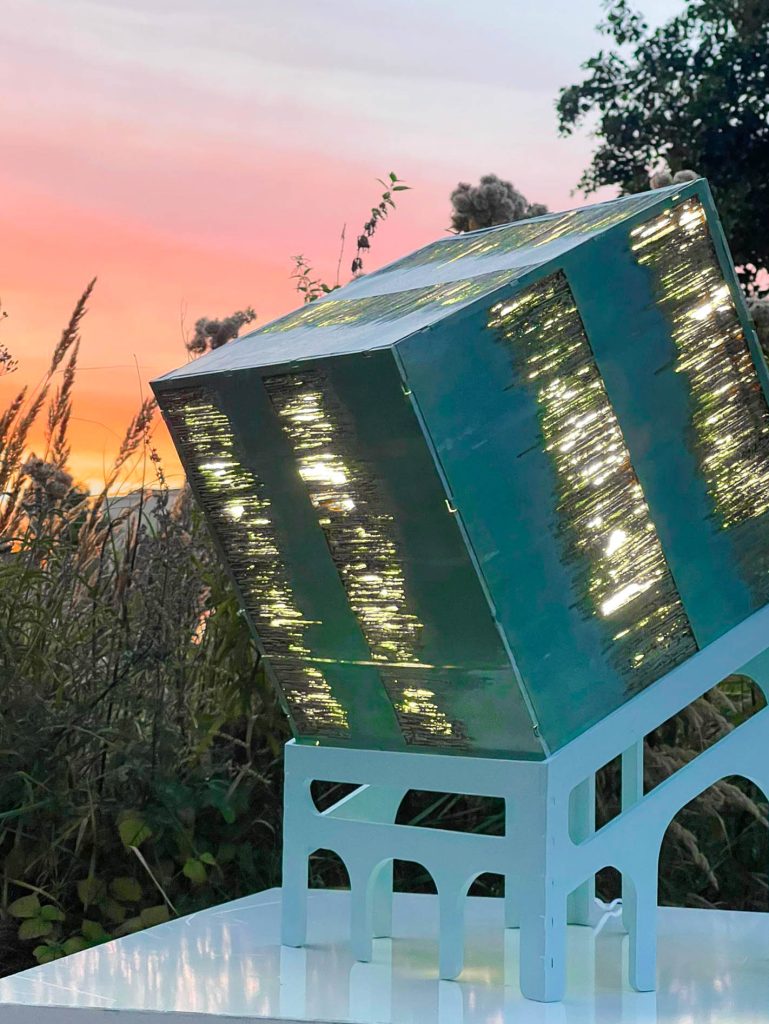

Concept
No society consists only of people born on its own territory. There is always influx of people from outside. During all those waves of immigration, identity and culture were destination country is constantly subject to change, partly due to the encounter with the migrants.
The status of the newcomers has proved to be as flexible as the nature of the country of destination culture and identity. For example, what was ‘Dutch’ was constantly redefined in relation to the identities of others. In doing so, an attempt was often made to maintain their own Dutch identity unequivocally demarcated from that of the ‘others’. Dutch images of newcomers trace often not with the way they see themselves. Not infrequently such images arise from inclination to see others as a mirror image, as the
other side of what one thinks oneself to be. Identity is relative and always exists in relation to others with whom one measures oneself. Also the character of the Dutch culture was and therefore is by no means fixed: it was constantly reinvented with the help of the other as a drop-off point.
The sameprocess also took place with migrants: they too rediscovered their own culture and identity with the Netherlands as a sales point. Culture is a mobile, changeable product of imaging and construction. There can be boundary and contact refusal on both sides – paradoxically also a form of culture change – but also of opening, mixing, absorption, transformation. These new mixed forms can also be called Dutch.
The term Dutch culture can then be viewed both conservatively and as a reserve of the (supposed) indigenous, more progressive as a culture that is constantly changing, partly because it absorbs what migrants have contributed in terms of art, views, ways of living and styles. That last view of Dutch culture is ours. At the same time, we are studying this ongoing redefinition of Dutch culture. in this project, using different techniques and crafts to create a new one innovative form and material is a symbolic way
to shape identity in modern societies to give. I should mention that the bulk of this project is formed by Japanese old craftsmanship and with the use of these techniques I try the effect of other cultures and heritage on our modern society. Actually an abstract light object is a sign of our modern society!
THE PROJECT is a material development project with a social design approach and the main goal of this project is to change the physical characteristics of wood.
In this project, the amount of lignin will soon be
measured during a physical and innovative chemical process (a natural polymer) in wood are reduced (in chemistry this process is called delignification named). As a result of lignin reduction in the chemical construction of wood, cellulose and hemicellulose behind and because they are colorless, wood will be transparent. In fact, we try wood transparent using a physical and chemical process.
After removing the main polymer from wood (lignin), it becomes another natural polymer replaced with white paint. This means that after the chemical process of removing lignin from wooden surfaces (in this case balsa wood), surfaces will be saturated with white varnish, which gives stability and strength to the material.
In the final phase, material is translated into light objects in abstract forms. For this will mean white LED light are used to put more emphasis on material transformation. A series of 8 objects in pastel colors.
